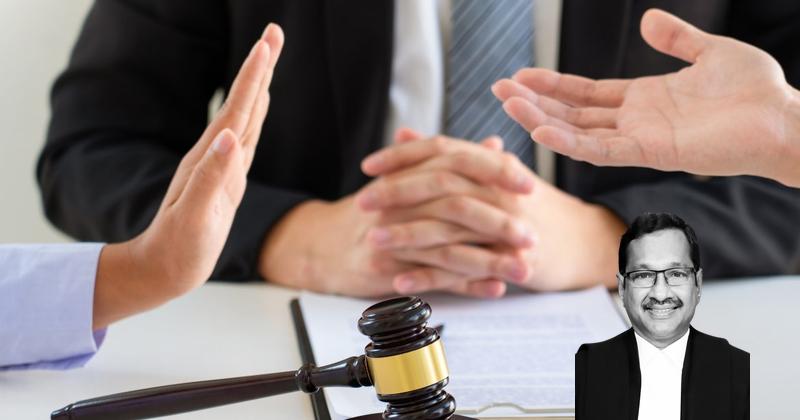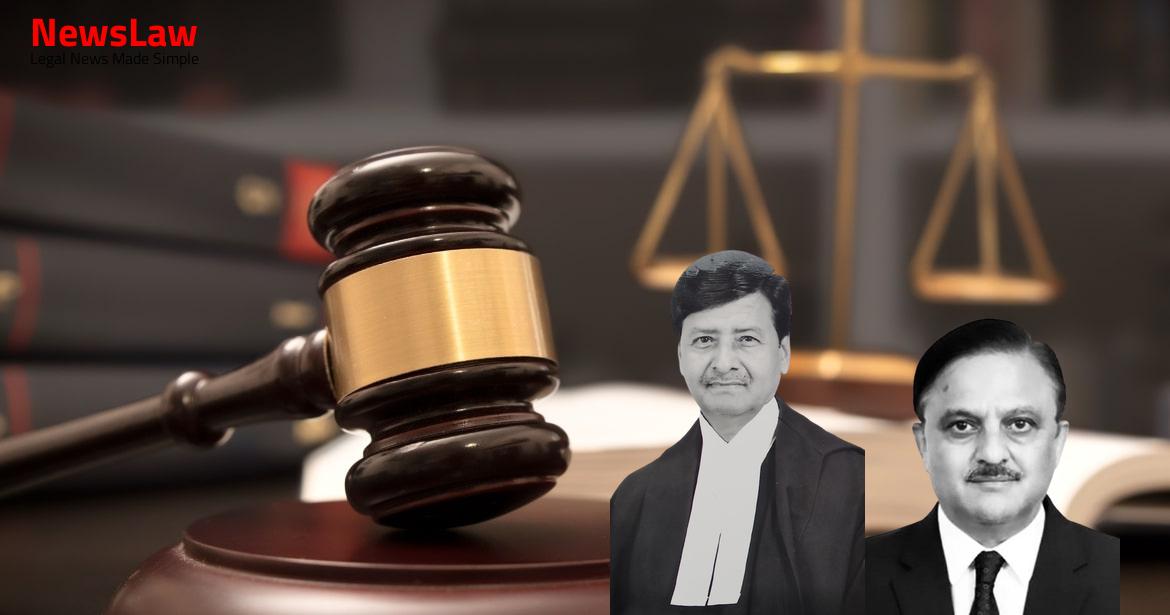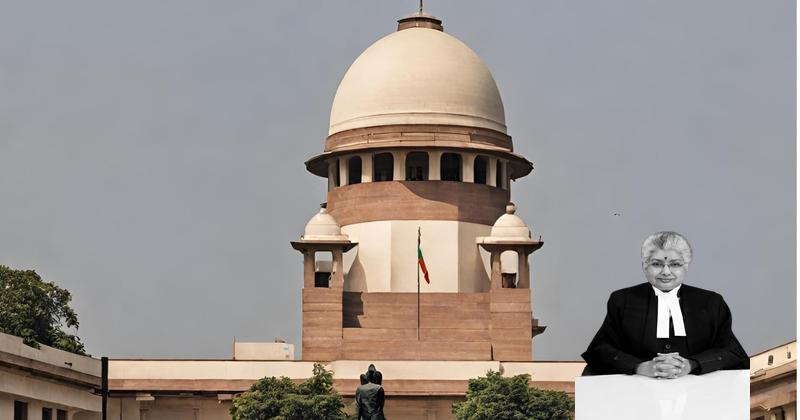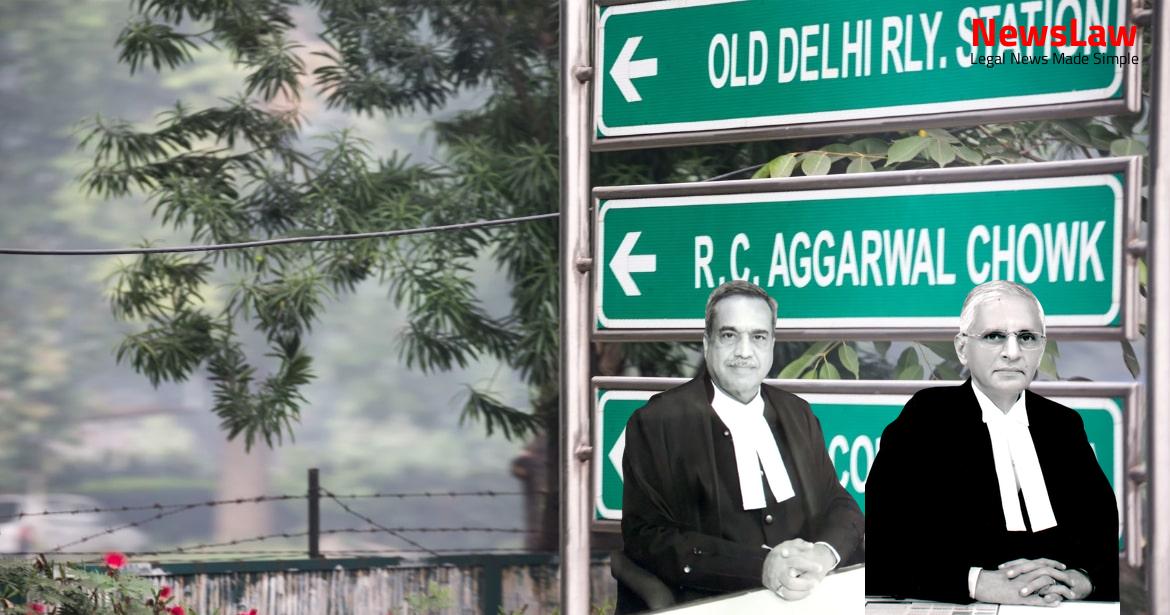In all these appeals the Appellants seek to overturn the decision of the Division Bench of the Rajasthan High Court, Jaipur Bench declaring sub-rule (10) of Rule 4 and sub-rule (3) of Rule 7 of the Rajasthan Minor Mineral Concession Rules, 1986 (hereinafter referred to as “the Rules”) as unconstitutional. A further amendment was made to Rule 7 by way of substitution of sub-rule (3), “(3) Notwithstanding anything contained in sub-rule (1) and (2) above, the area for mining lease in the Government land for minerals other than Marble and Granite shall be reserved under rule 73, for allotment after delineation.
Also Read: https://newslaw.in/supreme-court/admissibility-of-dying-declarations-a-case-study/
New System shall be effective from the date of the issue of the notification and the applications received prior to notification shall be disposed of as per prevailing rules in force prior to this notification. (vi) after the existing sub-rule (4), the following new sub-rule (5) shall be added, namely:- “(5) If a short term permit application is received from a contractor who has been awarded work for National/State Highway (road construction project) shall be given priority over an application of mining lease received within a 3 period preceding 3 months from date of short term permit application subject to following conditions – (a) Short term permit application has been filed within 6 months from the date of award of contract; (b) the National/State Highway (road construction project) is not more than 100 km. The Rules aforesaid went through further amendment by way of Notification dated 03.04.2013 by which all the pending applications are to be rejected, Rule 4 sub-rule (10): “(10) No mining lease in Government land, including the forest land for which diversion is granted by the Central Government under Forest (Conservation) Act, 1980, shall be granted on an application by the applicant unless the area is delineated and applications are invited by the Government.
Out of these delineated plots of committee constituted under sub-rule (3) of rule 23A shall reserve 50% of plots which shall be allotted by auction/tender and the remaining 50% shall be allotted by way of lottery to the following categories of persons as per percentage mentioned against each category:- 4 (i) Persons who undertake to install a crusher / mineral based industry; 10% (ii) Manual workers and widows of manual workers belonging to Scheduled Castes/Scheduled Tribes/Other Backward Classes/Special Backward Class employed in Mines; 5% (iii) Manual workers and widows of manual workers other than Scheduled Castes/Scheduled Tribes/Other Backward Class/Special Backward Class employed in mines; 5% (iv) Persons belonging to Scheduled Castes/ Schedule Tribes / Other Backward Class / Special Backward Class; 20% (v) Persons identified as “Below Poverty Line”; 10% (vi) Freedom fighter/Ex-soldiers including members of para military forces belonging to Rajasthan who have been permanently incapacitated or dependents of those who have died while in service; 5% (vii) Rajasthan State Government servants who have been permanently disabled while on duty or the dependents of those who have died while in service; 5% (viii) Persons with disabilities (disabled persons) other than those The 5 Notification dated 23.05.2003 was followed by Notification dated 24.04.2007 declaring the applications made for four villages qua sandstone as rejected in exercise of the power conferred under Rule 65A of the Rules. Thereafter, in compliance with the order of the High Court, a Government Order was passed on 16.11.2011 facilitating the relief to such of those applicants who approached the High Court. (ii) Thereafter, the State Government will re-notify such delineated areas for grant of mining leases for sandstone and masonry stone, as the case may be, with the stipulation & condition that payment of Royalty and dead rent applicable for the sandstone in case sandstone is also found available in the mining lease granted for masonry stone. (iv) That as per the submission of State Government vide para 10 (viii) above that State has not taken any action in pursuance of the impugned orders so far, it is directed that no mining leases for sandstone & masonry stone will be granted in pursuance of the impugned orders Annex.11 dated 16/11/2011 and Annex.13 dated 28/11/2011 till all such applications are decided as per the directions given in this judgment.
By the impugned orders, the Division Bench of the High Court declared the amendments as illegal on three primary grounds, namely; the applicants have not been heard, and their applications ought to be revived in view of the earlier orders passed by the Court on the principle of legitimate expectation and rights having vested in them.
He further goes on to state that the impugned orders are liable to be set aside as they would stand in the way of the new amended Rules being given effect to, meant for all the minor minerals in the State.
Ankita Gupta, learned Advocate appearing for the Respondents, submitted that the High Court was right in holding that the impugned amendments are nothing but an attempt to overreach the earlier decision of the Court. Another submission of the learned counsel in connection with the consideration of applications for renewal was that applications made sixty days or more before the date of G.O.Ms No 1312 (December 2, 1977) should be dealt with as if Rule 8-C had not come into force. In the absence of any vested rights in anyone, an application for a lease has necessarily to be dealt with according to the rules in force on the date of the disposal of the application despite the fact that there is a long delay since the making of the application. It goes without saying that no person can claim any right in any land belonging to the Government or in any mines in any land belonging to the Government except under the 1957 Act and the 1960 Rules. He went on to say: ( Hind Stone case [(1981) 2 SCC 205], SCC p. As there are parallels between the doctrines of promissory estoppel and legitimate expectation because both these doctrines are founded on the concept of fairness and arise out of natural justice, it is appropriate that the principles of legitimate expectation are also noticed here only to appreciate the case of the appellants founded on the basis of the doctrines of promissory estoppel and legitimate expectation.
In other words, personal benefit must give way to public 12 interest and the doctrine of legitimate expectation would not be invoked which could block public interest for private benefit.” They had an indefeasible legitimate expectation of continued employment, stemming from the Government Order dated 20-2-2002 which could not have been withdrawn. Minister for the Civil Service [1985 AC 374 : (1984) 3 WLR 1174 : (1984) 3 All ER 935 (HL)] in which Lord Diplock had observed that for a legitimate expectation to arise, the decisions of the administrative authority must affect the person by depriving him of some benefit or advantage which, “ 27. observed in this case, that the procedural part of legitimate expectation relates to a representation that a hearing or other appropriate procedure will be afforded before the decision is made. State of Bihar [(2006) 8 SCC 381 : 2006 SCC (L&S) 1986] that legitimate expectation is not a legal right.
[ Findlay, In re, 1985 AC 318 : (1984) 3 WLR 1159 : (1984) 3 All ER 801 (HL)]
So long as the Government does not act in an arbitrary or in an unreasonable manner, the change in policy does not call for interference by judicial review on the ground of a legitimate expectation of an individual or a group of individuals being defeated.” “Legal malice” or “malice in law” means something done without lawful excuse.
Also Read: https://newslaw.in/supreme-court/dismissal-of-application-seeking-bail-relief/
Shivakant Shukla
Case Title: THE STATE OF RAJASTHAN Vs. SHARWAN KUMAR KUMAWAT (2023 INSC 661)
Case Number: C.A. No.-001162-001171 / 2016



